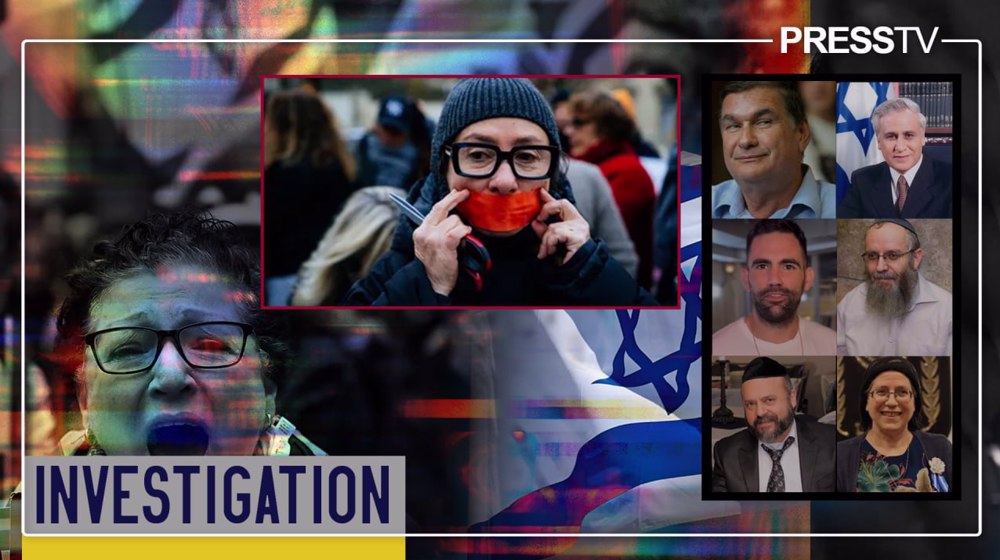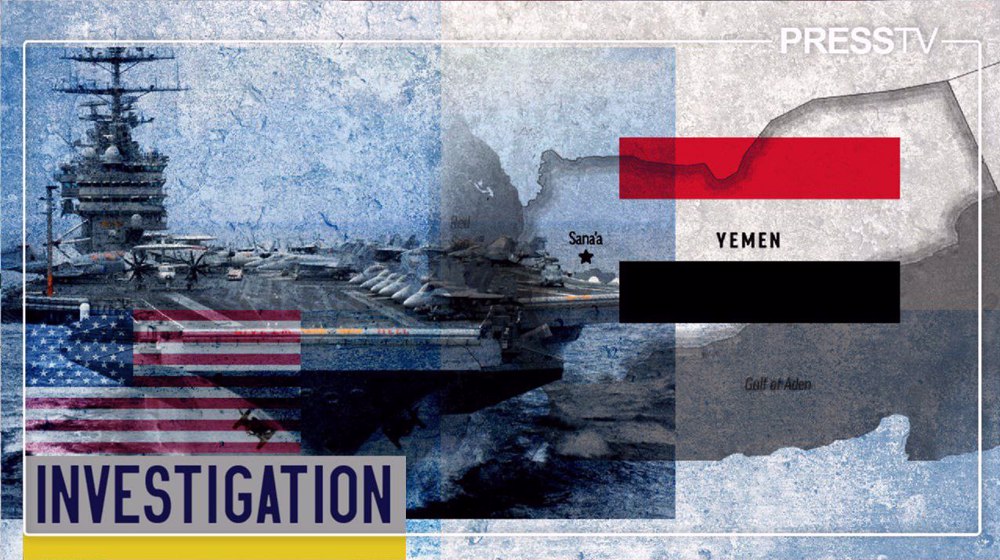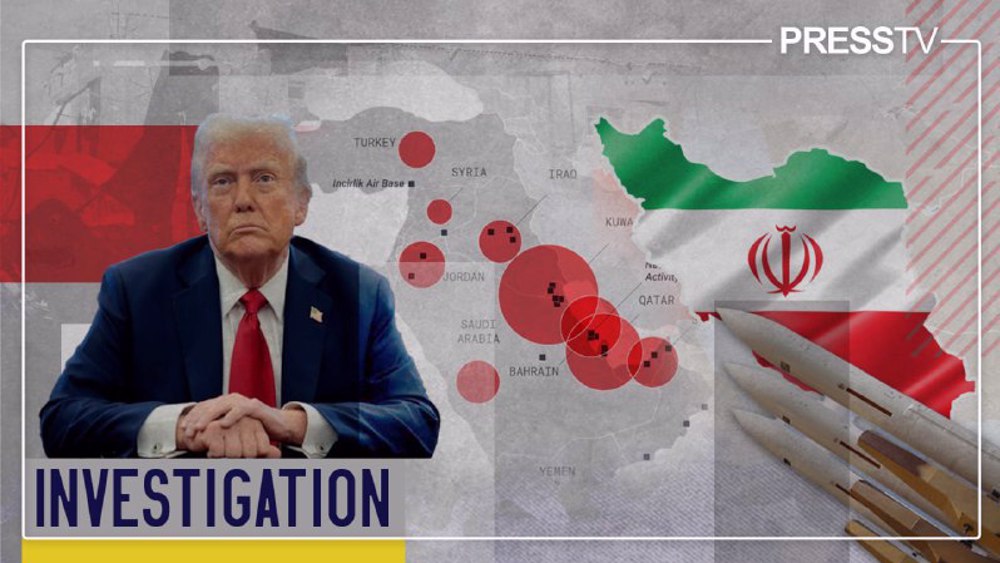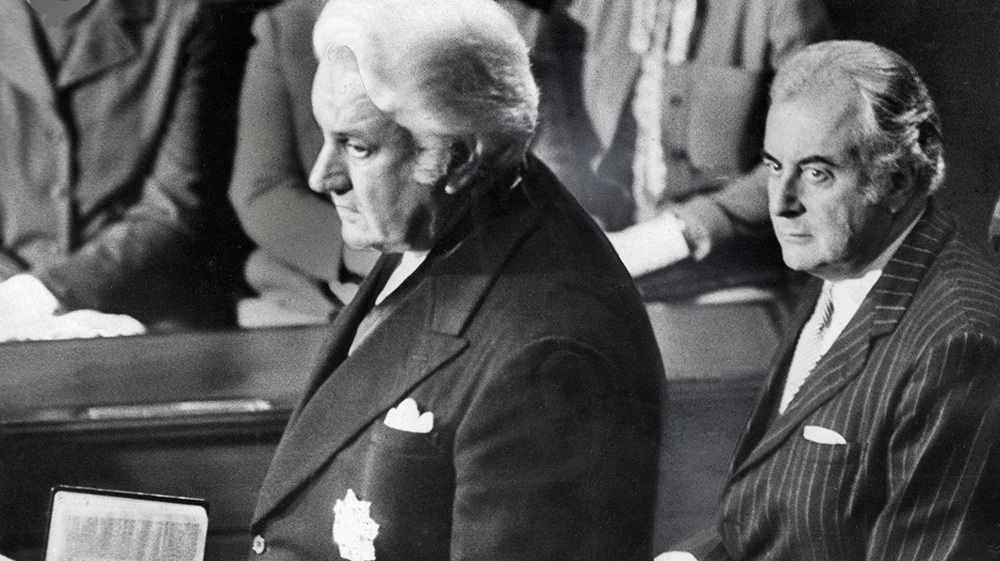How the British royals overthrew Australian democracy
By Kit Klarenberg
This week marked the 47th anniversary of the dismissal of former Australian prime minister Gough Whitlam by the country’s British-appointed governor-general John Kerr.
The role and power of governors-general is little known, let alone understood today, but they wield enormous clout over many countries that once comprised the British Empire.
Appointed by a royal decree, they serve as the reigning British monarch’s local representatives, appoint government ministers, judges and ambassadors, grant royal assent to laws passed by parliament, bestow state honors, and are commanders-in-chief of the respective nation's armed forces, among other things.
The unceremonious dismissal of Whitlam and his elected government is largely forgotten today, but the sordid episode detonated the myth that constituents of the British Commonwealth are independent, sovereign states, free from control or influence of their former imperial master - however briefly.
Elected in 1972 on a wave of popular upheaval, Whitlam was an upstart social democrat who made clear his country would not be dominated by the interests of foreign powers.
Within months, he abolished royal patronage, recognised the People’s Republic of China, drew up plans for Aboriginal land rights, ended conscription, and withdrew all Australian troops from Vietnam, with his ministers referring to the US war as “corrupt and barbaric.”
Fast forward to November 1975, and he was thrown out of office upon the request of governor-general John Kerr. When that fateful day came, Queen Elizabeth II’s deputy private secretary William Heseltine, an Australian citizen, stated that “the palace was in a state of total ignorance.”
Secret communications between Buckingham Palace and Kerr, recently reported on in forensic detail by Declassified Australia, prove Helestine’s professions to be an outright lie, beyond doubt.
Doing the monarchy ‘good’
In a series of letters, starting in September 1975, Kerr openly discussed ways in which Whitlam could be removed from power in a bloodless coup with both the Queen and Prince Charles, now King of Great Britain, and Australia.
This was despite vice-regal convention dictating that a governor-general must “advise, counsel and warn” an elected prime minister about their planning and thinking, even in the event of potential dismissal, the British monarch theoretically being duty-bound to remain disinterested and politically neutral, and Australian High Court justice Anthony Mason warning Kerr that his behavior was “deceptive”.
Both he and the palace were unfazed, no doubt confident that “royal secrecy” laws would conceal their activities forever.
Among the earliest communications are notes from a meeting between Prince Charles and Kerr during Papua New Guinea’s 1975 independence celebrations. The governor-general made clear what he was plotting, but expressed anxiety that Whitlam, if he caught wind of the conspiracy, would dismiss him first.
“The Queen should not have to accept advice that you should be recalled at the very time, should this happen, when you were considering having to dismiss the government,” Kerr cited Charles as saying.
Upon returning to Britain, Charles informed the Queen of the plan in motion. Charteris then wrote to Kerr outlining how he would be protected in the event Whitlam requested that the palace recall the governor-general.
Should that “contingency” arise, Charteris said, Elizabeth II would “try to delay things” rather than responding promptly according to protocol, allowing Kerr to plunge the dagger first.
While the Queen took the lead role in consulting with Kerr on legal and regulatory routes to oust Whitlam, Prince Charles was also intimately involved, actively encouraging and counseling the governor-general.
In order to legitimize his sinister scheme, Kerr sought the advice of Australia’s two most senior law officers as to whether Whitlam could be dismissed under “reserve powers”. This authority, only usable in specific, adverse circumstances such as crises, would allow the governor-general to act unilaterally, without governmental or parliamentary approval.
Kerr knew that it was likely no legitimate grounds for such an extraordinary intervention would be identified, and accordingly warned the palace in early November, although made clear he would move ahead anyway.
In a series of letters, Charteris variously reassured Kerr, “that you have powers is recognised,” “those powers do exist,” and “if you do, as you will, what the constitution dictates, you cannot possibly do the monarchy any avoidable harm. The chances are you will do it good.”
The senior Australian legal officers’ opinion arrived on November 6, 1975 - and as expected, they warned Kerr he had no legal or constitutional grounds for overthrowing the Whitlam government. Five days later, he did so anyway.
In March 1976, Prince Charles wrote to Kerr, praising him for his actions and stellar work as Buckingham Palace’s man Down Under more generally.
“I wanted you to know that I appreciate what you do and admire enormously the way you have performed in your many and varied duties. Please don’t lose heart. What you did last year was right and the courageous thing to do,” the King-in-waiting fawned.
Web of lies and connivance
The public would be utterly in the dark about this web of lies and connivance, were it not for a bitter four-year-long High Court battle in Australia to secure declassification of these highly incriminating papers.
Within hours of the release of letters, Buckingham Palace issued a public statement, denying the dark reality so amply exposed by the disclosure: “Neither Her Majesty nor the Royal Household had any part to play in Kerr’s decision to dismiss Whitlam.”
The High Court decision was a landmark development, marking the first time the concept of “royal secrecy” had been overturned anywhere in the British Commonwealth.
It has remained unchallenged in every other constituent country ever since, meaning the obvious question of whether similar chicanery was undertaken against troublesomely independent figures elsewhere in the political association remains an open one.
This is particularly relevant to consider given that the new British King has a dual history of directly pressuring state officials at home to structure policy and action domestically and internationally according to his personal will, and doggedly attempting to keep such lobbying hidden from public view.
In May 2015, over two dozen private communications between then-Prince Charles and British ministers were published after a 10-year-long legal struggle, which cost successive governments hundreds of thousands of pounds.
The contents of these letters showed Charles - again in breach of conventions on “political neutrality” - petitioning elected representatives on subjects ranging from the Iraq War to alternative medicines.
In some, then-heir to the British throne openly warned a health secretary that “chickens will come home to roost” in their government department if redevelopment of a hospital - in which the Prince’s architecture charity was involved - was not accelerated.
It’s clear though that Charles didn’t typically need to rely on threats - government officials were usually willing to obsequiously roll over how and when he requested them to.
In response to one royal intervention, then-Prime Minister Tony Blair unctuously stated: “I always value and look forward to your views.” In another, an education secretary signed off: “I have the honour to be Your Royal Highness’s most humble and obedient servant.”
The letters were released at a time when speculation was rife in the mainstream media that Charles intended to rule in a far more outspoken way than his publicly taciturn mother.
Since taking the throne, there is little sign publicly of this - although that could in part be attributed to the British government amending the Freedom of Information Act to provide an “absolute exemption” on all requests relating to the royal family since.
Now that more and more countries are choosing to unbridle themselves from the yoke of British rule and secede from the Commonwealth, it’s surely never been more important for the royal family to maintain an intensive cloak of secrecy around their political influence.
And the temptation to employ “reserve powers” to displace upstart governments in the manner of Gough Whitlam’s has surely never been higher.
(The views expressed in this article are the author's own and do not necessarily reflect those of Press TV.)

Dark abyss: How Israeli settler society became a sanctuary for rapists, pedophiles

Collapsing Empire: Yemen shatters the illusion of US air power, yet again

Brewing storm: Which US bases in West Asia are within Iran’s missile crosshairs?
Broadcaster: Israel fabricated Gaza tunnel to stall ceasefire deal
US-South Korea trade tensions
Students camp out at Yale to protest Israeli minister Ben-Gvir’s visit
Over 220 US academic leaders slam Trump crackdown on universities
In Beijing, Araghchi says China, Russia Iran’s strategic partners
Gaza facing 'unprecedented humanitarian catastrophe': Hamas
VIDEO | Poll: Majority of Americans disapprove of Trump’s economic plans
VIDEO | Yemeni ballistic missile triggers sirens in Israeli-occupied lands







 This makes it easy to access the Press TV website
This makes it easy to access the Press TV website